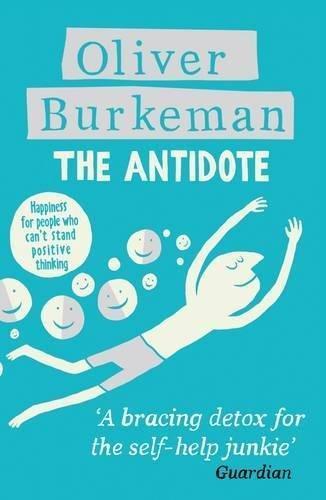A Surprisingly Uncynical - and Delicious - Antidote to Poisonous Positive Thinking
5 stars
Starting with the subtitle, "The Antidote" positions itself against "positive thinking" - the sort of mind-over-matter faith in the future that pretty much every other self-help book espouses, a doctrine that author Burkeman neatly and thoroughly dismantles with copious endnotes. But there's no lazy cynicism here, in a search for happiness via unconventional and counterintuitive ways, and a surprising amount of, well, positivity. From Seneca and the Stoics to memento mori's and a shrine to Saint Death, Burkeman guides the reader on a whistle-stop tour of philosophies that reorient our ideas about happiness, success or even the self. I absolutely devoured it - it's also, in parts, very funny! - and think it might become an annual read, or at least a great starting point on further reading.




